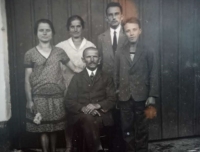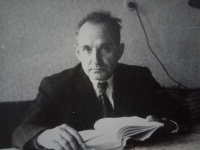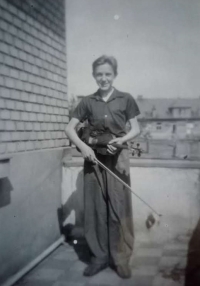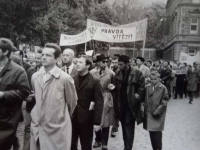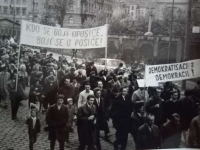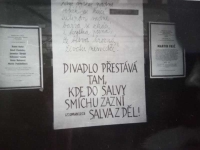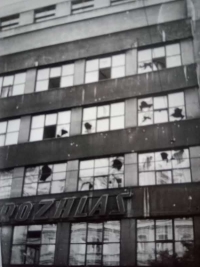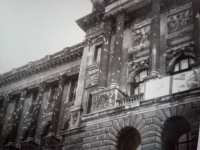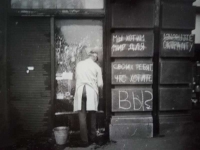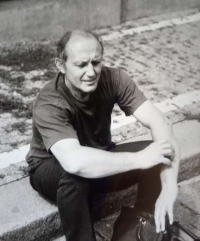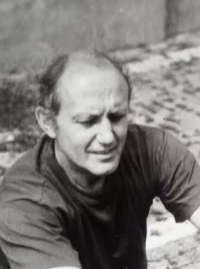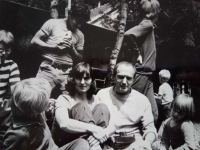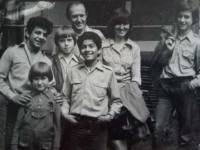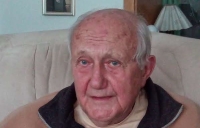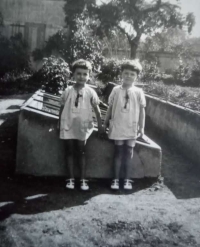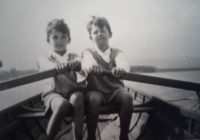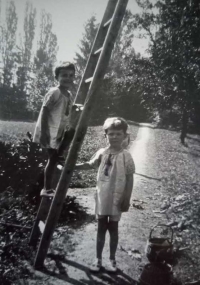I have lead an interesting life, but I was no hero

Download image
Jan Sláma was born on 25 September 1941 in Litomyšl. He spent the first years of his life in Džbánov, where his father Jan worked as an evangelical pastor. In 1946, he moved with his family to Děčín. From 1949 onwards, he lived in Uherské Hradiště, where he attended the evangelical youth club. As a child he was bullied because of his father’s profession. In 1958, he started studying at the Faculty of Civil Engineering at the Czech Technical University in Prague. In the early 1960s, his father’s state license to practice clerical activities was revoked and the family began to face financial difficulties. In 1963, he married Jana Hřivnova. A year later, he successfully completed his studies. After a year of compulsory military service, he joined the Armabeton company. The news of the invasion by the Warsaw Pact troops reached him when he was on the Scottish island of Iona. From 1969 onwards, he lived in Jeseník and worked in the national enterprise Rudné Doly. During the normalisation period he was interrogated several times by the State Security (StB). They offered him the possibility to cooperate, but he refused. Together with his wife they distributed samizdat publications. After the Velvet Revolution he worked in the non-profit sector and devoted his life to helping people in need. In 2022, he lived in Brno-Zidenice.
